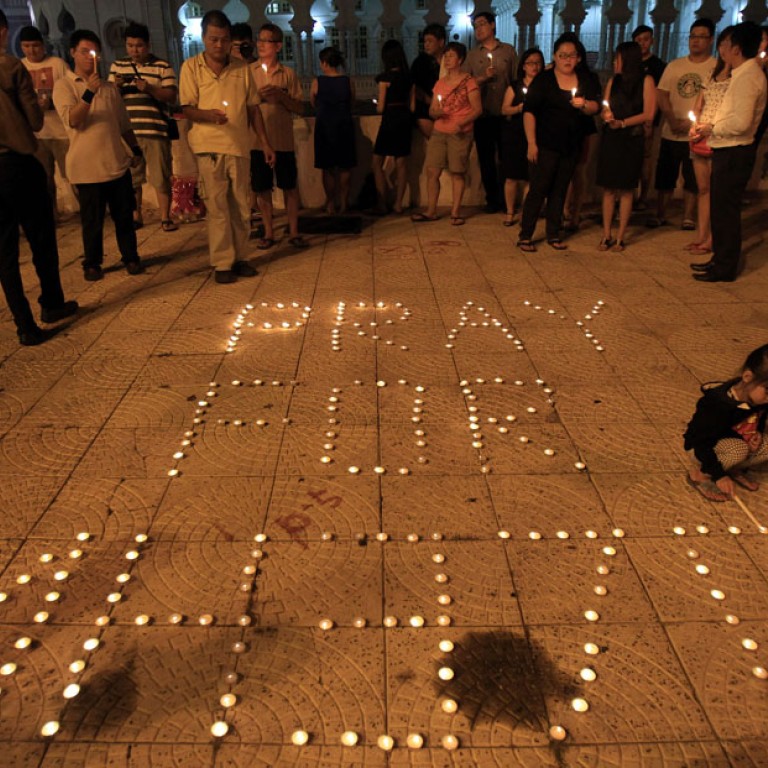
Airlines have no excuses for basic security lapses
We need to know a lot more about the disappearance of Malaysia Airlines flight MH370 with 239 passengers and crew in the early hours of Saturday before forming any conclusions.
We need to know a lot more about the disappearance of Malaysia Airlines flight MH370 with 239 passengers and crew in the early hours of Saturday before forming any conclusions. But we already have reason for concern about events before the flight. Two passengers used stolen passports recorded in Interpol's international database. A third travelled on a forged mainland passport in the name of a man whom Fujian police said had never travelled. They were boarded without any suggestion so far that they raised red flags. This is a basic security lapse. Even without evidence to link any of these three people to the fate of the plane, it falls well short of the public's and security authorities' expectations of international aviation security standards. It is hard to credit when you consider that it is enough to ring alarm bells at an airline check-in desk if an optional, similar spelling of a given name on an e-ticket does not conform with that in a passport. Regardless of Malaysia Airlines' role if any in this, the fact the airline was recently fined by New Zealand authorities over boarding a passenger against Wellington's orders by falsifying a passport number raises worrying questions about priorities.
If the stolen passports had been investigated, that would have drawn attention to air tickets with consecutive numbers bought from China Southern Airlines, joint operator of flight MH370, which surely would have interested security officials. The Malaysian government has put airport security protocols under review. They need a severe shake-up.
Watch: Candle-lit vigil held in Kuala Lumpur for missing passengers
In an age of unprecedented air safety, airlines are less likely than ever to have to deal with air disasters. But if they do, they need an inclusive emergency plan to keep relatives and friends as honestly and compassionately informed as possible. In this regard families have been bitterly critical of the airline, which told them to prepare for the worst 30 hours after the plane's disappearance. Hopefully the airline has learned a lesson that it will never be necessary to apply in future.

